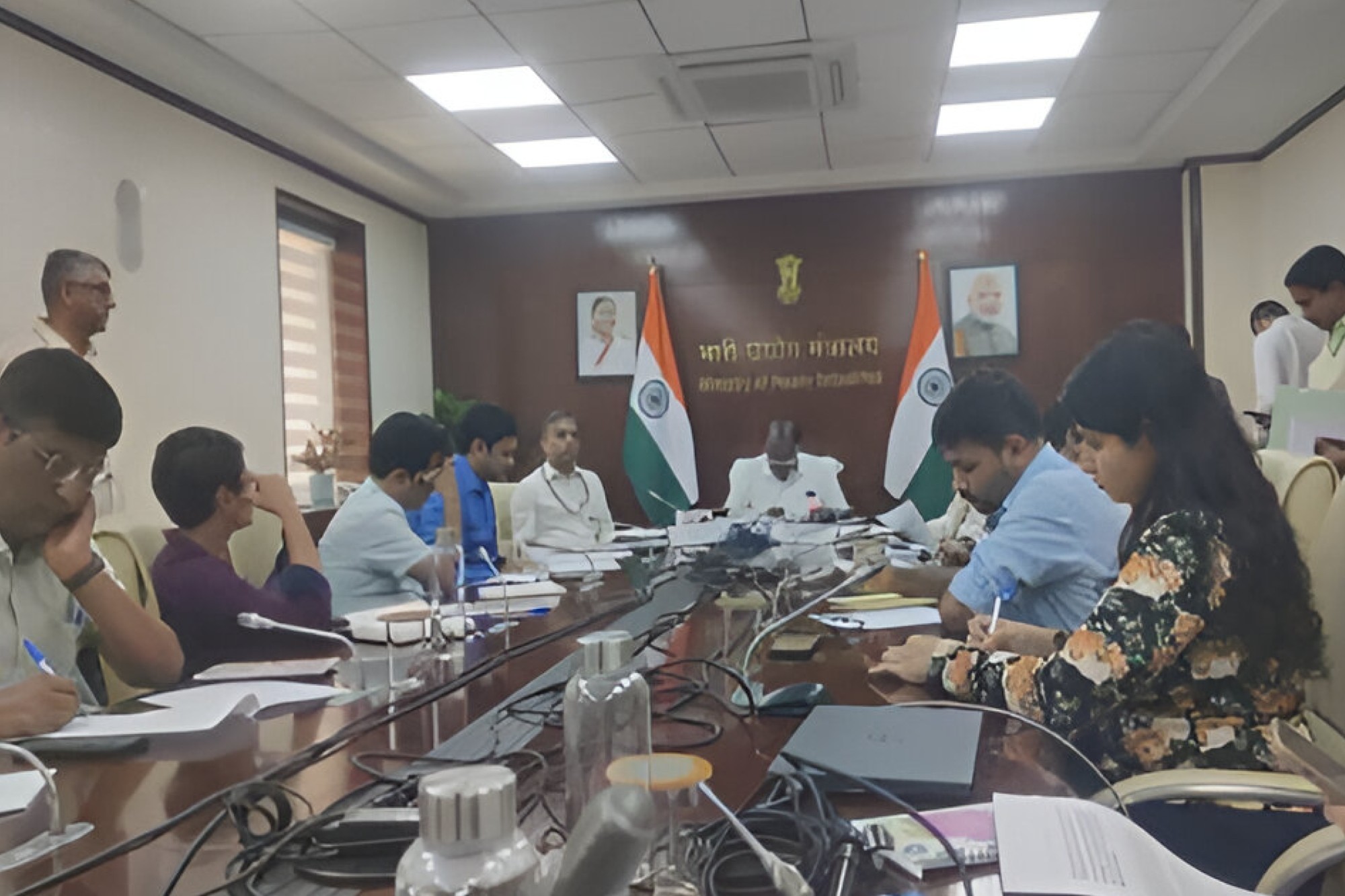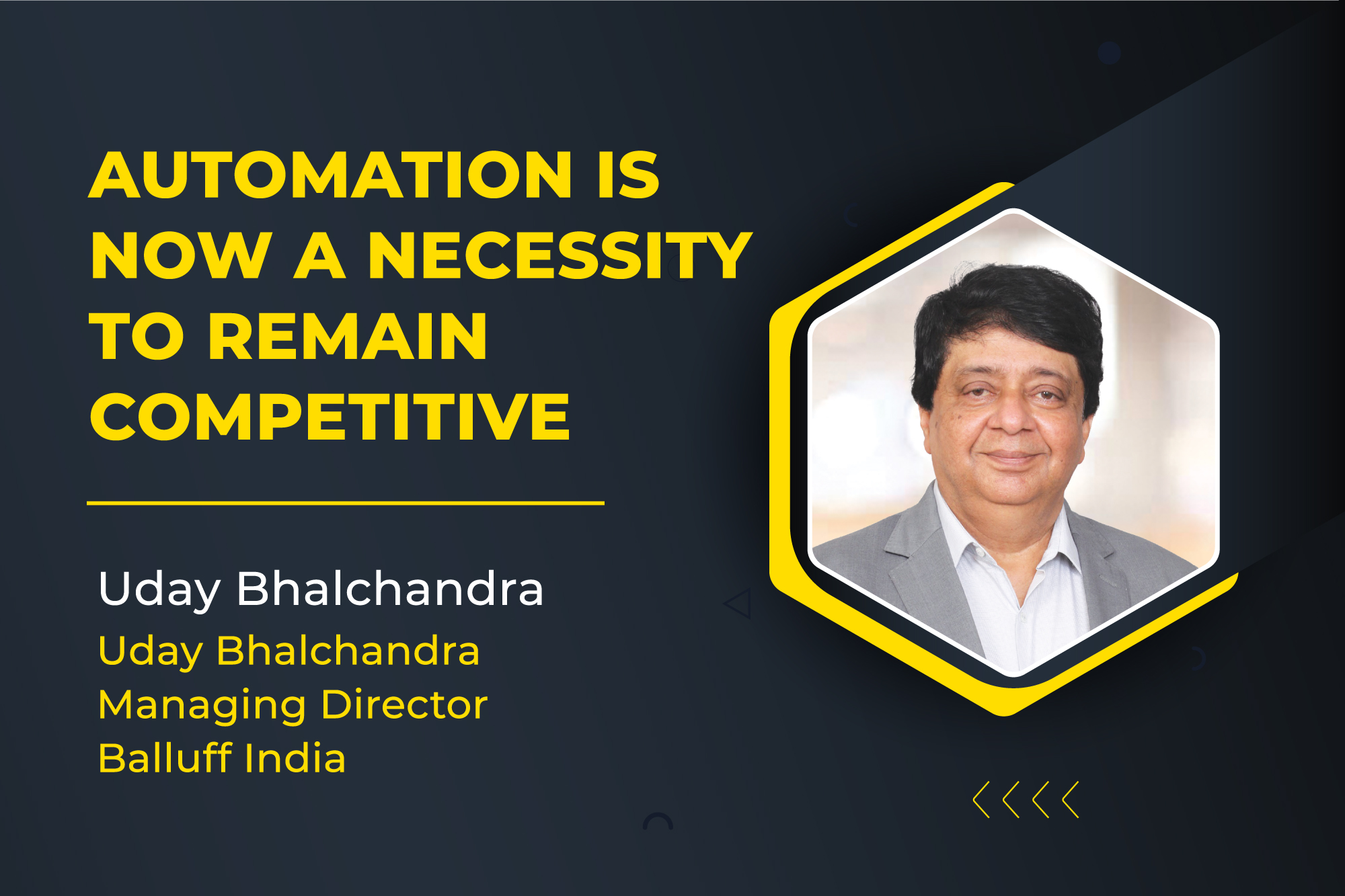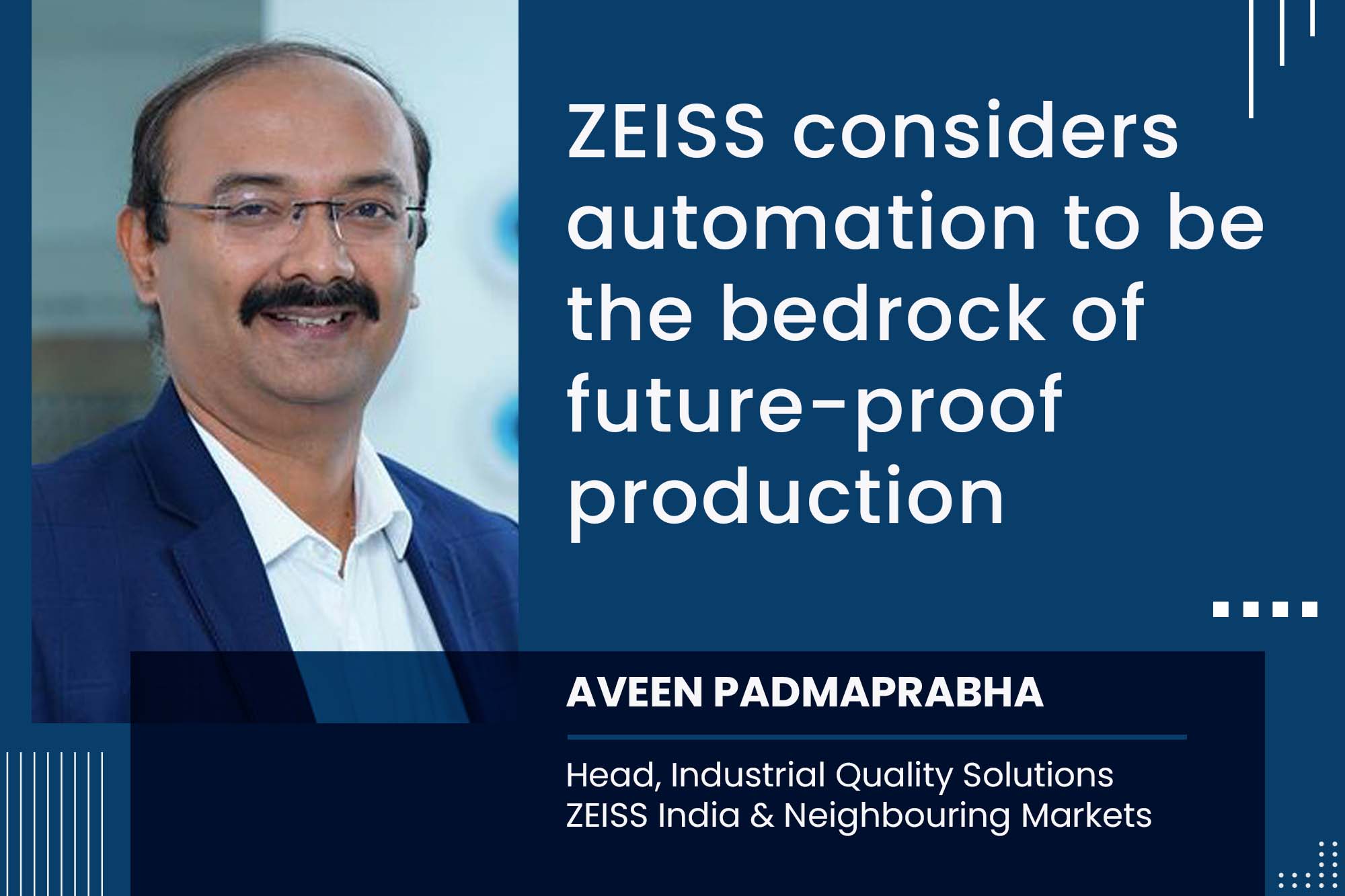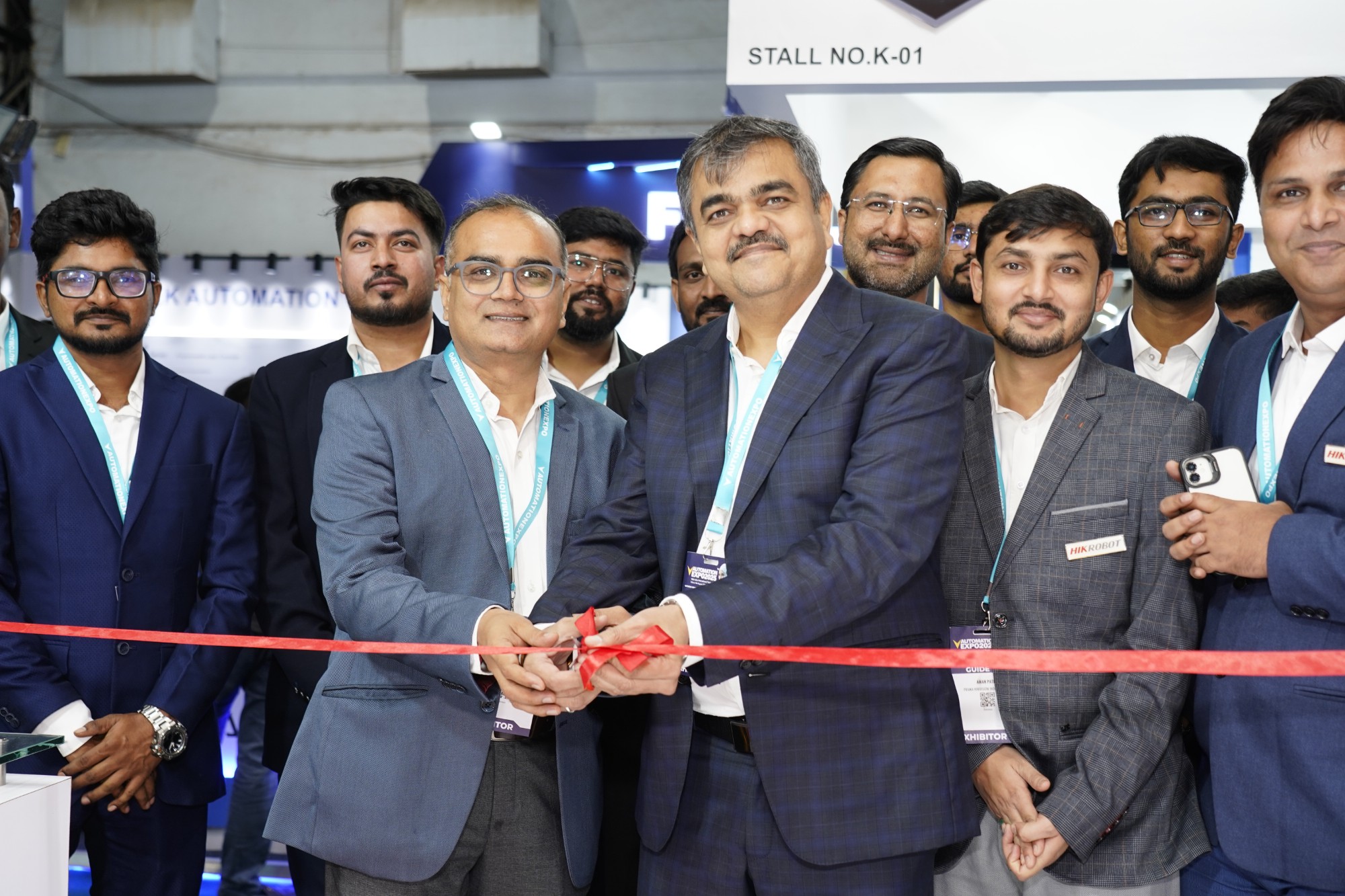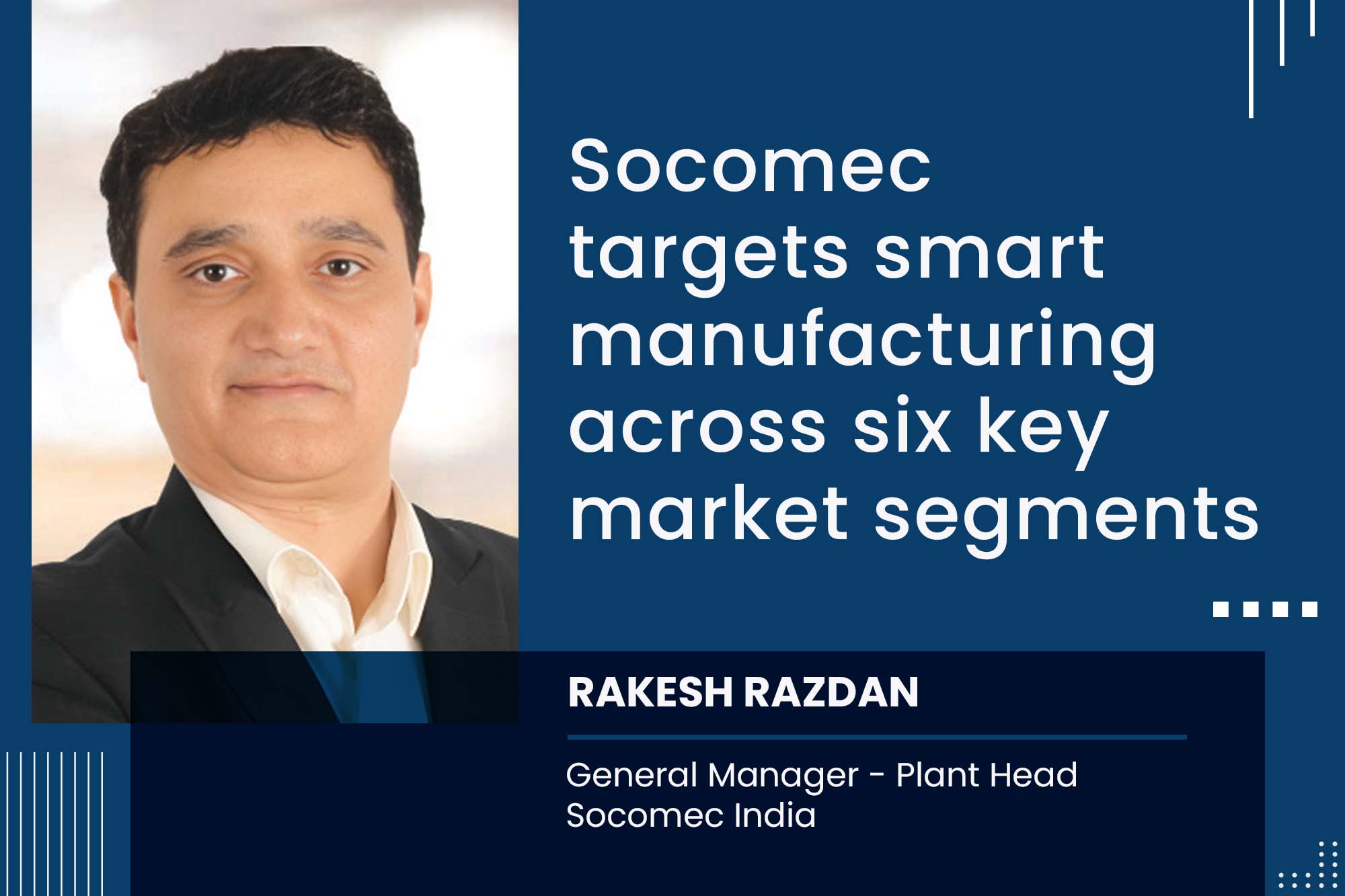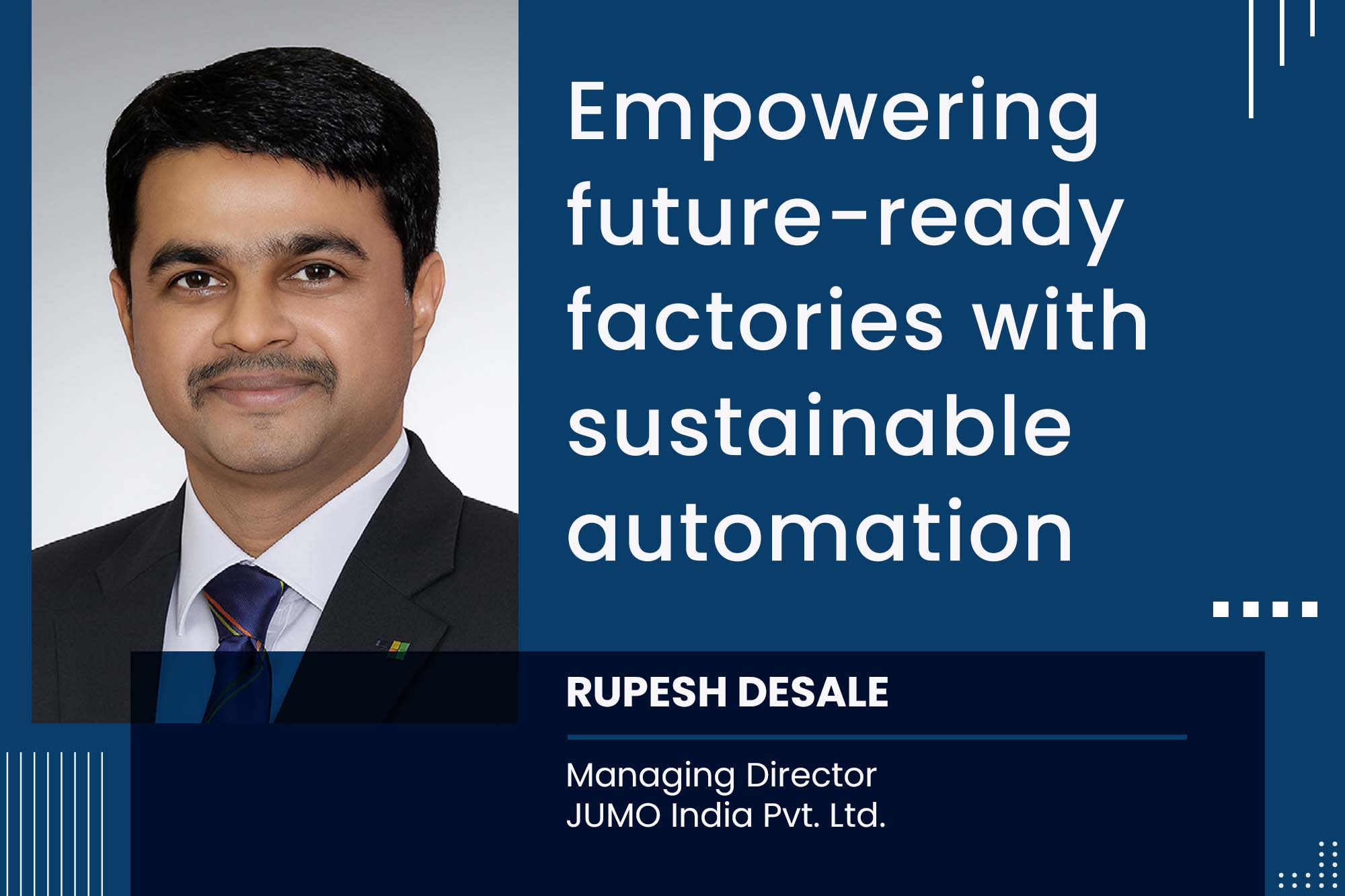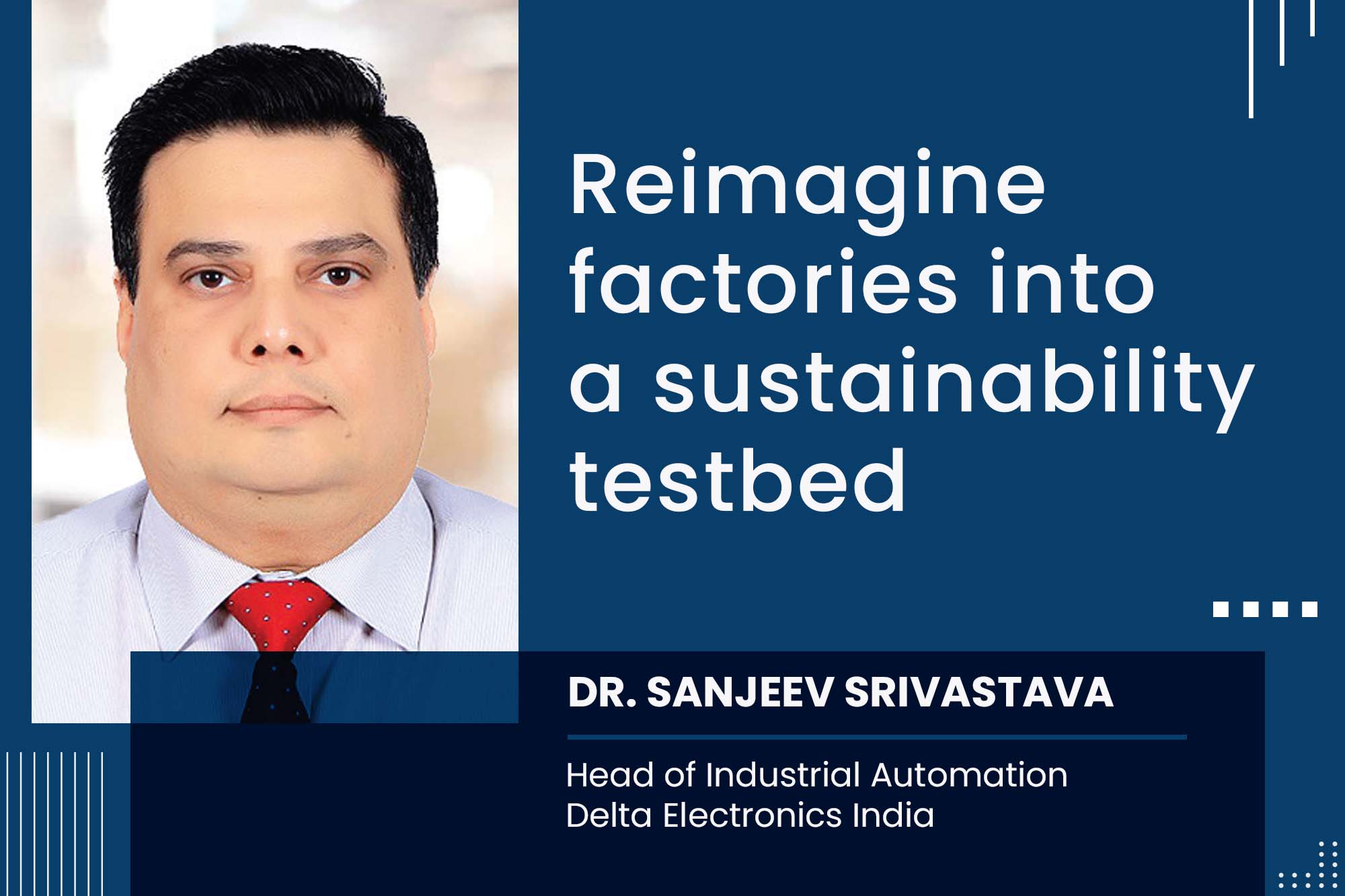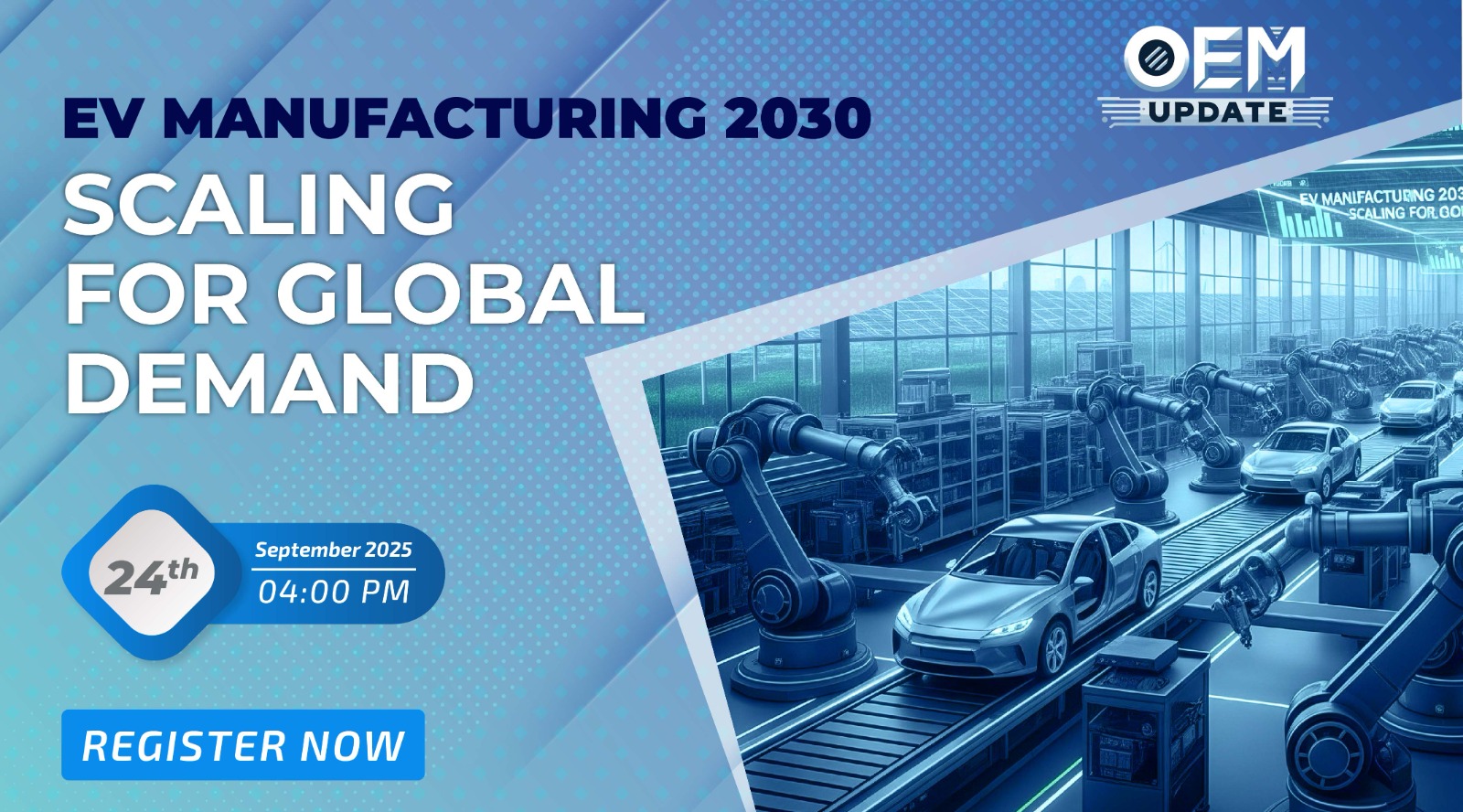New policy drives growth in domestic electric car manufacturing
By Staff Report June 3, 2025 5:26 pm IST
The Government of India introduced a landmark scheme to promote domestic manufacturing of electric passenger cars.
The Indian government introduces a new policy to encourage the production of electric passenger cars domestically as part of its larger drive for self-reliance, economic growth, and clean mobility. The Ministry of Heavy Industries (MHI) is leading the programme and aims to draw in international EV manufacturers and solidify India’s standing as a major force in the global automotive industry.
The scheme was formally announced on March 15, 2024, and was named the Scheme to Promote Manufacturing of Electric Passenger Cars in India (SPMEPCI). In order to support long-term industrial development and technological cooperation in the EV industry, it lays forth a system of incentives, investment thresholds, and regulatory provisions.
Key Provisions and Objectives
With a 15% customs tax rate reduction for imported electric four-wheelers (e-4Ws) with a minimum CIF value of USD 35,000, the programme incentivises both foreign and domestic manufacturers to invest in India. This five-year concessional tariff is capped at 8,000 automobiles per year. It is possible to carry over any unused import quota.
Applicants must invest a minimum of ₹4,150 crore (about USD 500 million) over three years in order to be eligible. Establishing e-4W manufacturing infrastructure and achieving the well-defined Domestic Value Addition (DVA) goals of 25% within three years and 50% within five years must be the main goals of the investment.
The programme specifies defined guidelines for acceptable capital expenditures, which include new plants, machinery, equipment, utilities, and engineering R&D. While structures associated with core activities and EV charging infrastructure are largely covered under restrictions, land investments are not.
Compliance and Safety Measures
To ensure compliance, successful applicants must produce a bank guarantee equal to ₹4,150 crore or the amount of customs duty forgone. For the duration of the programme, this assurance must be upheld.
DVA certification will follow the procedures outlined in the Production Linked Incentive (PLI) Scheme for Automobiles and Auto Components. MHI-approved organisations will conduct all accredited assessments.
Eligibility requirements
- The minimum global automotive revenue is ₹10,000 crore.
- The minimum worldwide fixed asset investment is ₹3,000 crore.
These indicators must be backed up by the most current audited financial statements. Group companies with at least 26% cross-holdings are also welcome to apply.
Application Process
The ministry will soon launch an application window for interested manufacturers. The initial window will be open for at least 120 days, with the prospect of reopening on March 15, 2026. A non-refundable application fee of ₹5 lakh applies.
Aiming for a Greener Future
Union Minister Shri H.D. Kumaraswamy stated the scheme’s transformative aspect during a recent press briefing, pointing out its compatibility with India’s climate objectives and industrial aspirations. He highlighted it as an important step towards achieving the aims of Make in India and Aatmanirbhar Bharat, as well as establishing the basis for India to become a worldwide EV manufacturing hub.
With the policy in place, India hopes to not only increase EV manufacturing but also spur innovation, create jobs, and reduce reliance on fossil fuels, paving the way for a cleaner, more self-sufficient automotive future.
Cookie Consent
We use cookies to personalize your experience. By continuing to visit this website you agree to our Terms & Conditions, Privacy Policy and Cookie Policy.



